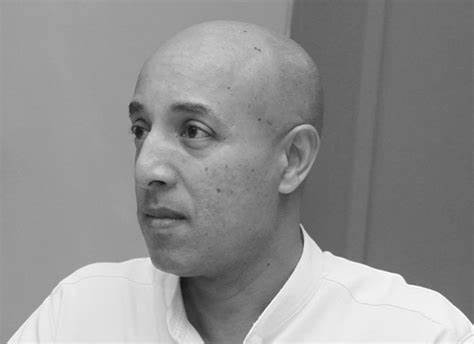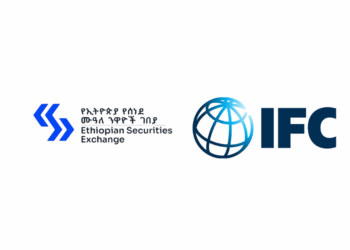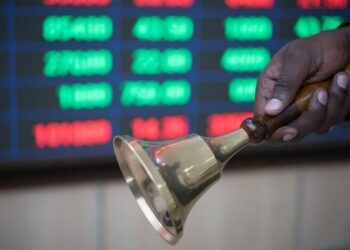As Ethiopia steps boldly into a new era of capital markets, the Ethiopian Capital Market Authority (ECMA) is drawing a clear line: transparency, legality, and accountability are non-negotiable. Now, with high-profile figures like Ermias Amelga and Genesis Investment Services PLC under formal investigation, ECMA is signaling that it’s ready to enforce the law—no matter the name or reputation involved.
Who’s allowed to raise money from the public—and who isn’t?
That’s the central question behind an active investigation led by ECMA’s Investigations and Enforcement Department. Complaints have been filed against individuals and companies allegedly soliciting investments illegally, and ECMA is moving swiftly. The Authority confirms that both Mr. Ermias Amelga and Genesis Investment Services are being scrutinized for potentially raising funds through unauthorized securities offerings.
But these investigations are not just about uncovering violations—they’re also about upholding fairness. ECMA insists that all inquiries are being conducted in full respect of the FDRE Constitution, including the right to be heard. Still, the public is being warned: until the legal dust settles, be cautious about where—and to whom—you send your money.
What does it take to offer or advertise investment opportunities legally in Ethiopia?
More than just a good idea or a flashy pitch. ECMA’s Public Offering and Trading Directive No. 1030/2024 requires all issuers to register and get prior approval before offering securities or publishing ads. No exceptions. Without that green light, any pitch is simply illegal—and risky for investors.
Can anyone claim to be “in the process” of getting licensed?
Not quite. ECMA has made it clear: before even reviewing applications for licenses, a company must be fully registered with the appropriate government organs. That includes share companies “under formation.” Only after verifying the company’s legal status does ECMA proceed with the licensing process. Once approved, licenses are formally announced and posted on ECMA’s website. If someone says they’re licensed but you can’t find their name on that list—walk away.
ECMA is also taking a system-wide approach to enforcement. A law enforcement task force—involving the Ministry of Trade and Regional Integration, Financial Intelligence Services, Ministry of Justice, and the Federal Police Commission—was launched through a memorandum signed on February 29, 2024. The mission: root out unlicensed capital market activities and hold offenders accountable. And they’re just getting started.
So what can investors do to protect themselves?
The first step is due diligence. Before signing contracts or making payments to anyone claiming to be a capital market service provider, verify their status with ECMA. If they say they’re working on getting a license, check whether they’ve even filed an application. Better yet, only take investment advice from ECMA-licensed professionals.
Have you been approached with an investment opportunity that seems too good to be true—or suspiciously vague?
ECMA urges you to report such incidents immediately. Unauthorized offerings, unverified firms, and fake advisors don’t just break the law—they put your money at risk.
Ethiopia’s capital market is still in its early stages, but the rules are already in place. ECMA is here to enforce them. But investors need to do their part too: ask the right questions, check the facts, and never trust without verifying.























